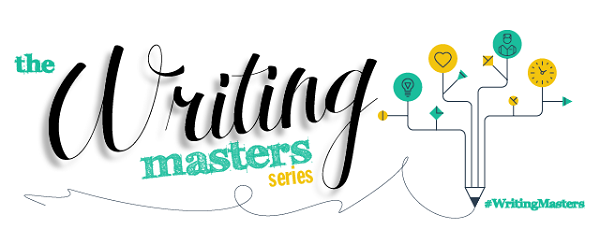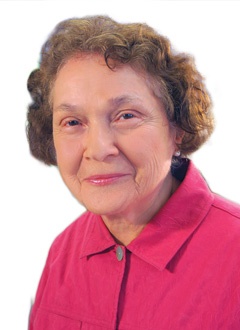
Welcome to the first installment of our Writing Masters blog series! With classroom-tested tips from our Curricular Resources authors on how to improve your teaching of writing at any grade level, each installment will share author insights and practical suggestions on teaching writing in the classroom that you can use the very next day. Today, Laura Robb offers tips to get to know your students as writers.
Getting Off to a Smart Start
By Laura Robb
The more you know about your students, the easier it will be to meet them where they are and move them forward in their writing. When I help teachers initiate their writing classrooms and workshops, at the top of my list of things to share is the idea that they must set aside time to get to know their students as people and become familiar with their attitudes toward writing. That’s why, when I wrote Smart Writing: Practical Units for Teaching Middle School Writers, I included “Ten Questions about Writing.”
Ten Questions About Writing
- What kinds of writing do you enjoy? (Letters, emails, blogs, notes, stories, articles, poems, fan fiction?) Explain why you enjoy these.
- What do you enjoy most about writing?
- What do you like least about writing?
- What is the hardest part of writing for you? Explain.
- How do you get your ideas for writing?
- What would you like to know about how to improve your writing?
- When you think of the writing you do for school, what words come to mind? Explain your thoughts.
- When you think of the writing you do on your own time, by choice, what words come to mind? Explain your thoughts.
- What does the phrase “reading-writing connections” mean to you? Explain how this could help your writing.
- Do you think reading can help your writing? Explain.
Students’ answers to the ten questions make a great starting point for short conferences to discuss their responses and as information to shape future instruction.
Once you have a sense of who your students are as writers, you will be ready to begin your writing program in earnest by establishing foundational routines and teaching practical writing skills that apply to all types and modes of writing. The first unit in Smart Writing is called “Getting Started: Establishing Foundations.” This unit contains lessons that you’ll weave through the fabric of your workshop and integrate into each genre unit that you teach—lessons on finding topics, using a writer’s notebook, brainstorming to develop topics, creating writing plans, analyzing mentor texts, evaluating leads and endings, establishing writing criteria, moving from planning to drafting, and strengthening student partnerships.
The appendix to this unit contains resources that will support your teaching of the lessons: mentor texts for writing informational and narrative paragraphs, a sample lead and ending from Harvesting Hope by Kathleen Krull, criteria for writing an effective paragraph for grades 5, 6, 7, and 8, and sample writing plans by professional authors Katherine Paterson and Jean Van Leeuwen.
Tips for Teachers
As you move through the school year, you will want to observe your students frequently so that you can choose the right instructional moves to nudge them along the path to better writing.
- Take note of and affirm students' progress by using the suggested “Closing Routine” at the end of each Smart Writing lesson.
- As you confer with and observe your students, make notes about who got the lesson and who needs scaffolding or reteaching in an individual or a small-group conference.
- In the sections called “If students need additional practice...,” which close each lesson, you’ll find suggestions for interventions and scaffolds based on my own experience and the experience of teachers I have coached. Make a note of which suggestions will be helpful in addressing the writing challenges of individual students or small groups of students.
- To help manage students during class time, use the section “If students can…” Here I offer suggestions for what students who understood the lesson can do while you support those who need your expertise.
♦ ♦ ♦ ♦
 Laura Robb is the author of several classic books on literacy, including Teaching Reading in Middle School, Teaching Nonfiction Writing: A Practical Guide, and the Smart Writing series. She brings more than four decades of teaching experience to her authorship and her professional development workshops, which she conducts throughout the country.
Laura Robb is the author of several classic books on literacy, including Teaching Reading in Middle School, Teaching Nonfiction Writing: A Practical Guide, and the Smart Writing series. She brings more than four decades of teaching experience to her authorship and her professional development workshops, which she conducts throughout the country.
♦ ♦ ♦ ♦
Next week, Nancie Atwell shares the importance of establishing an environment in which students always have ideas to write about, and she includes tips from her classic resource Lessons That Change Writers.
Click here to see the full Writing Masters Blog Series lineup, and, using the form below, sign up for email alerts when each new blog is posted.


